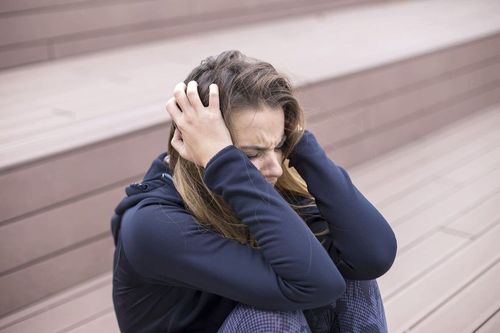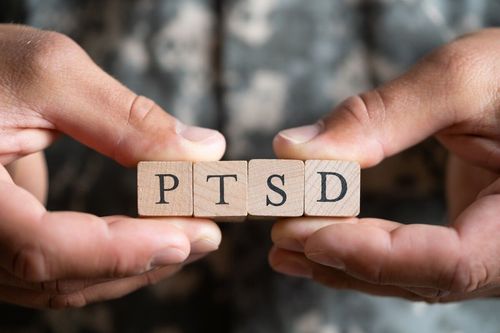Dealing with trauma can be one of the most profound challenges in our lives. But how exactly does trauma occur and why does it have such a powerful impact on us? My name is Rico Brunner and in this article, I describe how external and internal forces interact to determine whether we experience trauma. A better understanding of trauma can help you to process trauma.
What exactly is trauma?
Trauma occurs when external events lead to an emotional overload, i.e. an internal overwhelming state. It's like mathematics: imagine you receive an invoice for €3,000 but only have €200 in your account. This moment of being overwhelmed can be traumatizing because you simply don't know how to deal with the situation. However, if you had enough money, the same bill would be paid without feeling stressed. Thus, traumas arise when the external demands exceed our inner capacities.
The role of the dynamics of internal and external forces in the development of trauma
Traumas are like an imbalance between external stress and our inner strength. When external influences overload our inner strength, we feel overwhelmed. This can lead to a mental imbalance in which our energy fields block and harden. In the long term, this can lead to further psychological problems.
Why do people react differently to the same events?
It is amazing how not all people become traumatized in reaction to the same events. This is because we all have different levels of inner strength. Two people can experience the same event, but only the one who is internally less resilient will become traumatized. This shows how important it is to boost our inner strength and stability so that we can better deal with life's challenges and minimize the effects of trauma. In another blog post you can find more about how to overcome fears after a trauma.
The positive function of trauma
Although it sounds paradoxical, trauma can also have a positive function. It attempts to shield and isolate an excessive demand that we are unable to cope with. In this way, it protects our entire energy field from a complete breakdown. This isolation prevents the occurrence of a chain reaction that could throw our psychological balance completely off course.
Trauma as a protective and survival mechanism
Trauma can therefore be understood as a psychological self-protection mechanism that helps us remain functional in times of crisis. If we regard traumas as protective mechanisms, we can better understand how they arise and how we can overcome them.
Conclusion
It is important to recognize that trauma not only has negative effects, but also serves as a protective mechanism. This realization can help us to change the way we deal with them. By understanding the dynamic interactions between internal and external forces, we can develop strategies for coping with trauma and work on our inner strength. This enables us to cope better with emotional overload and restore a healthy mental balance.






